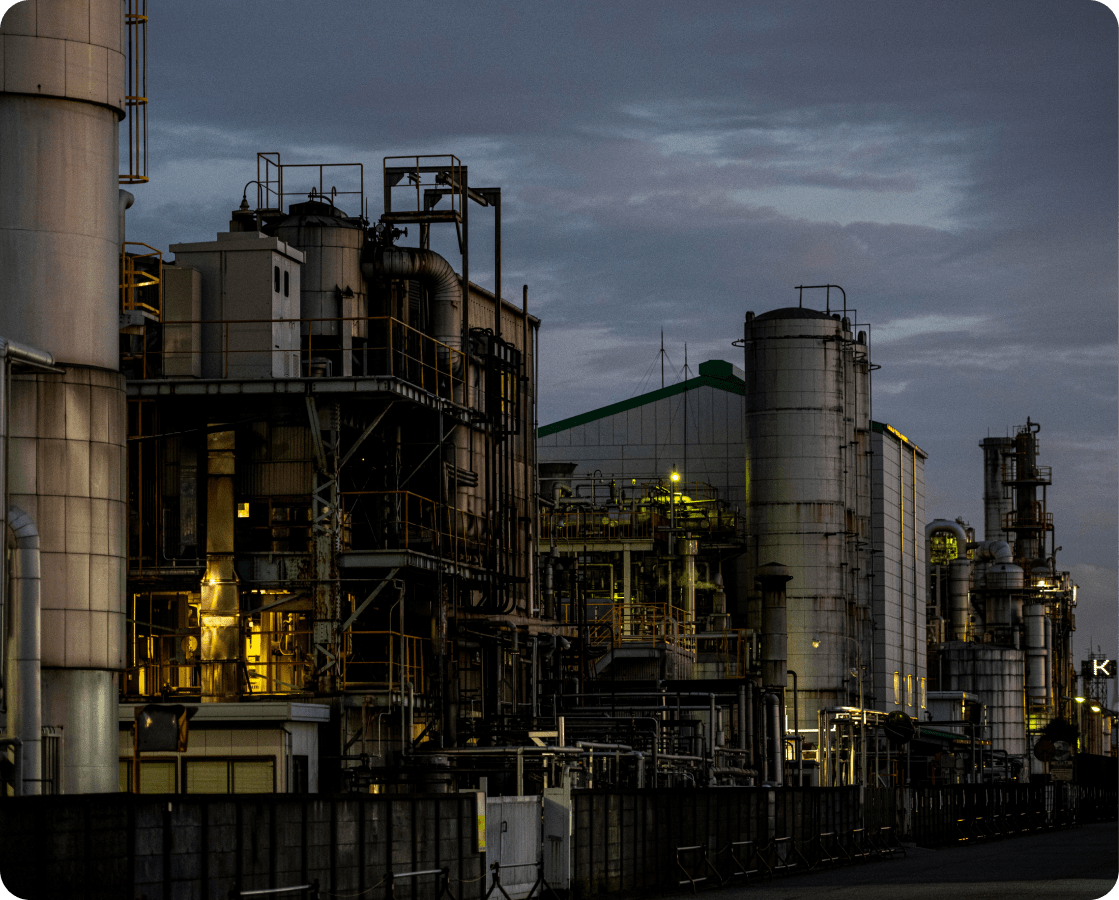Petrochemical, Oil, & Gas
Providing a holistic approach to design and risk management for the petrochemical, oil, and gas industries.
Fire Protection and Life Safety Narrative Reports
Some jurisdictions require the development and submission of a fire protection and life safety narrative report. Whether one is required or not, a narrative report can serve as an invaluable tool for building owners, developers, and architects as a single document that describes the design rationale of fire protection systems and how they interface and interact to provide the required level of life safety for building occupants, emergency response personnel, and property protection.
FRA has extensive experience providing building and fire code consulting services, design of all types of detection and suppression systems, as well as detailed fire modeling. This experience enables us to develop concise and detailed narrative reports.


Risk Assessment
Risk assessment involves the evaluation of the likelihood and impact associated with the realization of a hazard(s). When evaluated against risk tolerance, risk assessment provides a powerful tool for identifying priorities, developing optimized risk management strategies, and ensuring that acceptable risk is achieved.
FRA has a wealth of experience in risk assessment, including the application of qualitative, semi-quantitative, and quantitative methods. We work with our clients to understand their needs and develop an approach that achieves stakeholder goals and meets applicable regulatory requirements.
Fire and Explosion Protection Design


Facility Siting Studies
FRA uses advanced techniques and methodologies for Facility Siting Studies (FSS) to identify suitable locations for new facilities based on potential risks to nearby residents, determine the optimal placement of process equipment and structures at new plant sites, and assess the potential hazards to occupants and processes of existing plant structures when installing new processes. FRA employs state-of-the-art tools and methods to provide practical solutions for minimizing risks. Facility Siting is a requirement under the Process Safety Management (PSM) Standard established by OSHA and involves using Recognized and Generally Accepted Good Engineering Practices (RAGAGEP), such as API RP 752, 753, and 756, to manage hazards associated with the location of permanent and portable buildings, as well as tents in process plants. Due to the complexity of Facility Siting Studies, they are often performed separately from PHAs and require specialized personnel.
